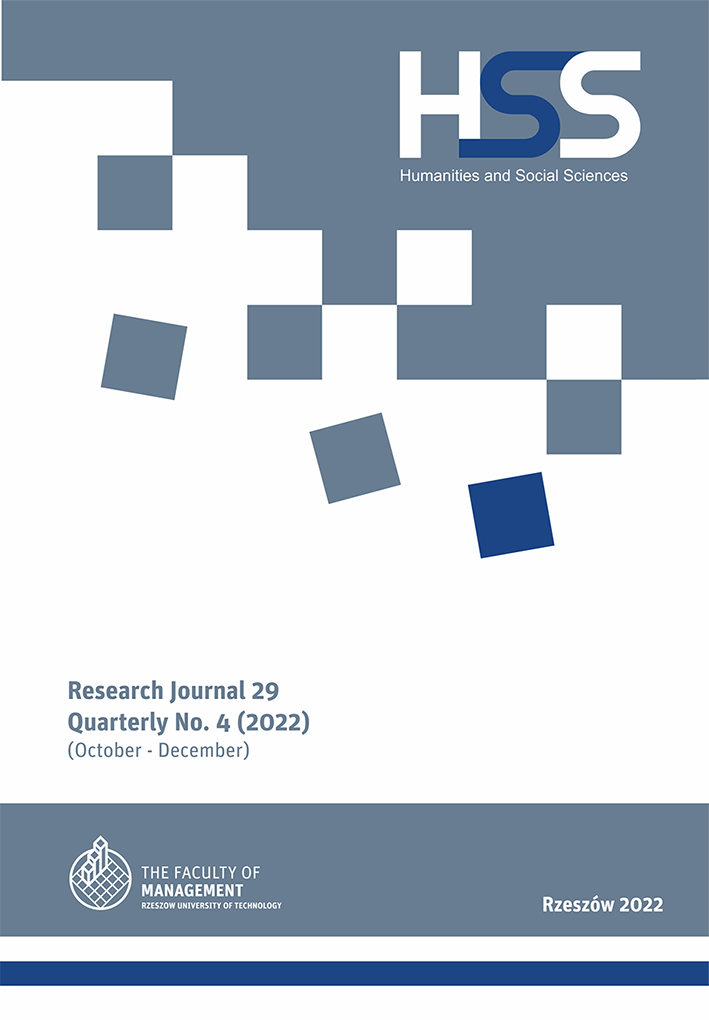Abstract
Background: The main areas of prophylaxis in oncology are the identification and elimination of factors that favor the formation of cancer cells, as well as early diagnosis of already formed lesions. The aim of this paper was to search for variable factors influencing women’s decisions concerning prophylaxis. Methods: The questionnaires used included our own and standardized research. The research group consisted of 100 dyads. Results: All significant predictors were associated primarily with factors located on the female side. The only predictor on the side of men was their knowledge about women’s cancer diseases. The frequency of taking preventive examinations for early diagnosis of cancer increased when the level of anxiety about one’s own health was higher, and when the partner’s support for preventive examinations was higher. Conclusions: The predicting factors identified in our study might be included in the development of cancer prevention action strategies by public health institutions.
References
Borgquist, S., Hall, P., Lipkus, I., Garber, J.E. (2018). Towards Prevention of Breast Cancer: What Are the Clinical Challenges? “Cancer Prev Res (Phila)”, May; 11(5).
Choi, E., Lee, Y.Y., Suh, M., Park, B., Jun, J.K., Kim, Y., Choi, K.S. (2018). Associations of perceived risk and cancer worry for colorectal cancer with screening behaviour. “J Health Psychol.” May, 23(6).
Dahlui, M., Ramli S., Bulgiba, A.M. (2011). Breast cancer prevention and control programs in Malaysia. “Asian Pac J Cancer Prev.” No. 12(6).
Gail, M.H., Pfeiffer, R.M. (2018). Breast Cancer Risk Model Requirements for Counseling, Prevention, and Screening. “J Natl Cancer Inst.” No. 110(9).
Gałuszka-Bednarczyk, A., Kiałka, M., Milewicz, T., Mrozińska, S., Dobosz, A., Janeczko, J. (2016). Reports of postmenopausal patients residing in the Małopolska region for follow-up gynecological visits as well as for mammography and cytological examination – survey. “Medical Review” No. 73(7).
Kalliguddi, S., Sharma, S., Gore, C.A. (2019). Knowledge, attitude, and practice of breast self-examination amongst female IT professionals in Silicon Valley of India. “J Family MedPrim Care”, Feb; 8(2).
Karczmarek-Borowska, B., Stryjkowska, A., Grądalska-Lampart, M., Grybel, M. (2013). Knowledge of breast cancer among women living in rural areas. “Medical Review” No. 3.
Kolak, A., Kamińska, M., Sygit, K., Budny, A., Surdyka, D., Kukiełka-Budny, B., Burdan, F. (2017). Primary and secondary prevention of breast cancer. “Ann Agric Environ Med.”, Dec 23;24(4).
Łuszczyńska, A., Kowalska, M., Mazurkiewicz, M., Schwarzer, R. (2006). Berlin Social Support Scales (BSSS): Results of preliminary research on the adaptation of scales and their psychometric properties. “Psychological Studies” No. 44(3).
Markowska, J., Mądry, R. (2014). The condition present in the treatment of malignant tumors of the reproductive organs in women [In:] Potrykowska, A., Strzelecki, Z., Szymborski, J., Witkowski, J., eds., Cancer morbidity and mortality and the demographic situation in Poland, Government Population Council, Warsaw.
Najdyhor, E., Krajewska-Kułak, E., Krajewska-Ferishah, K. (2013). Knowledge of women and men about breast cancer prevention. “Gynecology Polish” No. 84.
National Cancer Registry, Cancer Center – Maria Sklodowska-Curie [Access: November 3.11.2020]. Access on the internet: http://onkologia.org.pl/raporty.
Pahlevan Sharif, S., Ahadzadeh, A.S., Ong, F.S., Naghavi, N. (2020). Fear of negative appearance evaluation and attitude towards mammography: Moderating role of internal health locus of control, cancer worry and age. “Health Promot Perspect.”, Jul 12,10(3).
Paździor, A., Stachowska, M., Zielińska, A. (2011). Women's knowledge about breast cancer prevention. “Medical News” No. 80, 6.
Pietraszek, A., Charzyńska-Gula, M., Łuczyk, M., Stanisławek, A., Kozioł, A., Kocka, K., Kocki, T. (2015). The awareness of male students of medical sciences from various countries related to breast self-examination among women and its importance for cancer prophylactics. “Journal of Education, Health and Sport” No. 5(9).
Podolska, M., Kozłowska, U. (2013). Health education and health awareness in the prevention of cervical cancer. “Psychooncology” No. 17(2).
Ślusarska, B., Nowicki, G.J., Łachowska, E., Piasecka, H., Marciniak, A. (2016). Women's knowledge on the subject of breast cancer prevention in selected socio-demographic conditions. “General Medicine and Health Sciences” No. 22(1).
Sun, Y.S., Zhao, Z., Yang, Z.N., Xu, F., Lu, H. J., Zhu, Z.Y., Shi, W., Jiang, J., Yao, P.P., Zhu, H.P. (2017). Risk Factors and Preventions of Breast Cancer. “Int J Biol Sci.”, Nov 1, 13(11).
Szkiela, M., Worach-Kardas, H., Marcinkowski, J.T. (2014). Breast cancer – epidemiology, risk factors, importance of primary and secondary prevention. “Probl Hig Epidemiol” No. 95(2).
Tkaczuk-Włach, J., Sobstyl, M., Jakiel, G. (2012). Breast cancer – the importance of primary and secondary prophylaxis. “Menopause Review” No. 11(4).
Vrinten, C., Waller, J., von Wagner, C., Wardle, J. (2015). Cancer fear: facilitator and deterrent to participation in colorectal cancer screening. “Cancer Epidemiol Biomarkers Prev.”, Feb; 24(2).
Youlden, D.R., Cramb, S.M., Dunn, N.A.M. et al. (2012). The descriptive epidemiology of female breast cancer: An international comparison of screening, incidence, survival and mortality. “Cancer Epidemiol” No. 36(3).


